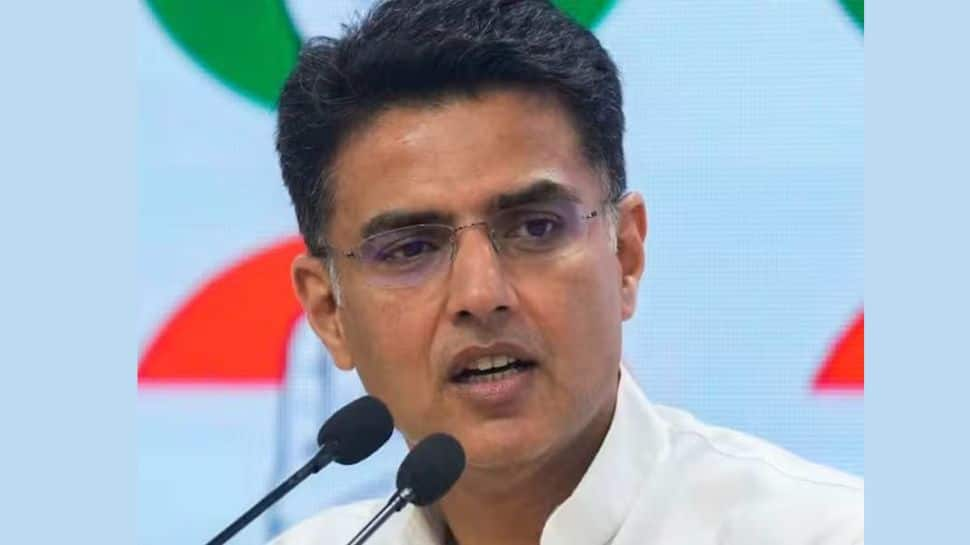Amid growing concerns over the impact of social media on young people, Australian Prime Minister Anthony Albanese announced on Thursday that the government will introduce legislation aimed at banning social media use for children under the age of 16.
The news made headlines in India as well. There have been several occasion when Indians on social media debated the access of social media to kids. Now, Congress leader Sachin Pilot has termed this development Interesting.
Taking it to the social Media, he said, “An interesting development. This should at the very least, start a discussion/debate here in India, if nothing else.”
Indian social media space is flooded with videos/reels of minor kids. A recent survey has also revealed that the smartphone time of Indian kids have increased sharply.
Social Media Ban For Children Under 16
The Australin Prime Minister said that social media is “doing harm to our kids” and stressed the need for decisive government action. If the bill is passed, the ban will apply to major platforms like Meta’s Instagram and Facebook, TikTok, X (formerly Twitter), and potentially YouTube. Communications Minister Michelle Rowland confirmed that there will be no exceptions, even for children whose parents give consent.
The legislation is set to be introduced in Parliament later this year and, if approved, will take effect 12 months after that.
Rise of Social Media in India
The rise of social media in India has raised significant concerns about its impact on children and adolescents. With increasing access to smartphones and the internet, children are spending more time on platforms like Instagram, Facebook, and TikTok, which can expose them to a range of risks.
These include cyberbullying, inappropriate content, and privacy issues, as many children may not fully understand the potential dangers of sharing personal information online. Moreover, the addictive nature of social media can negatively affect children’s mental health, leading to issues like anxiety, depression, and poor self-esteem, especially as they compare themselves to idealized portrayals of others.
In addition, excessive screen time can disrupt sleep patterns, hinder academic performance, and reduce physical activity, contributing to an overall decline in well-being. Parents, educators, and policymakers face the challenge of balancing the benefits of social media, such as access to information and connectivity, with the need to protect children from its harmful effects.

